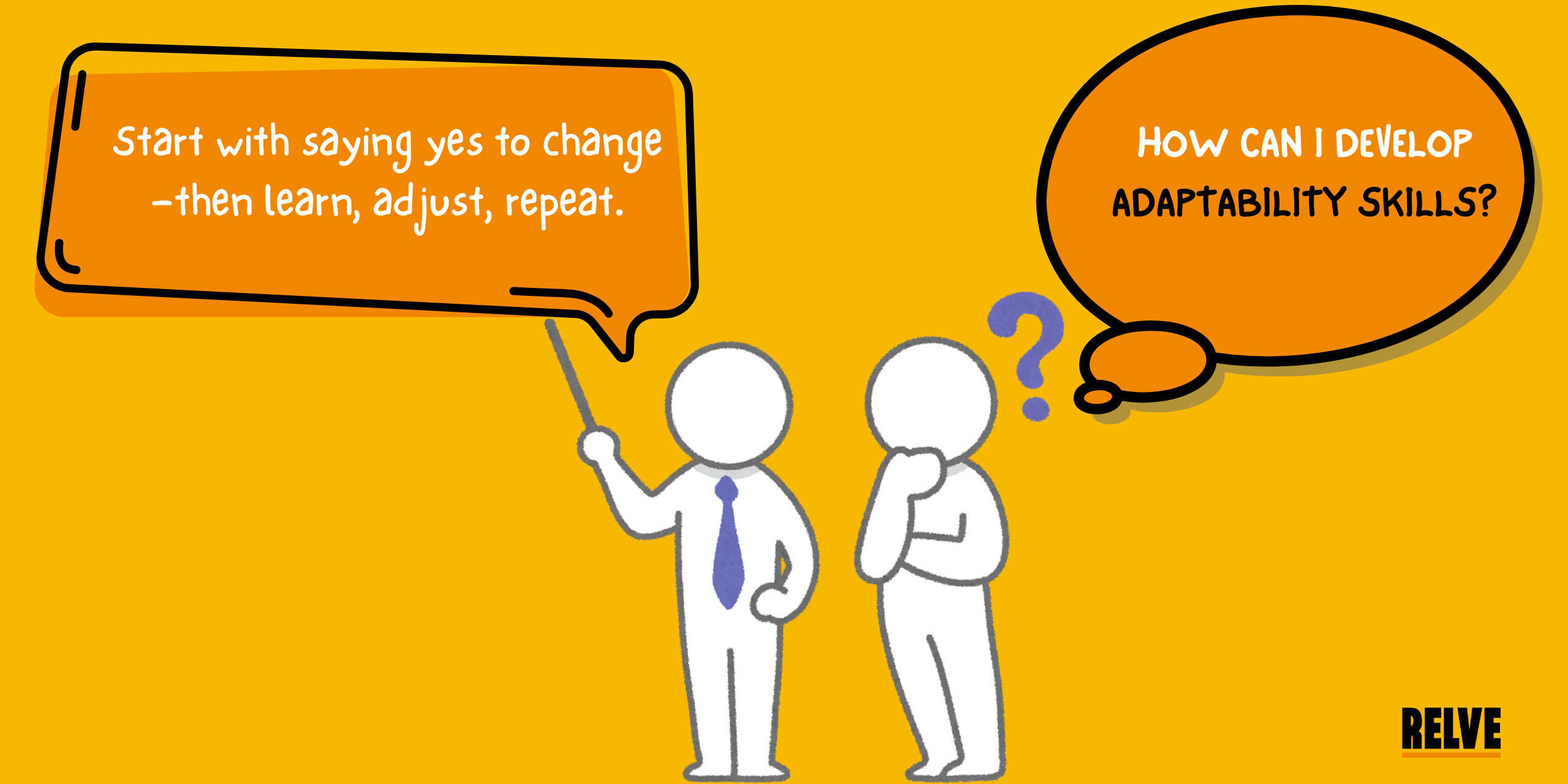Let’s be honest—most of us weren’t taught how to develop adaptability skills. We were taught how to follow rules, stick to routines, and aim for predictable outcomes. But here’s the truth:
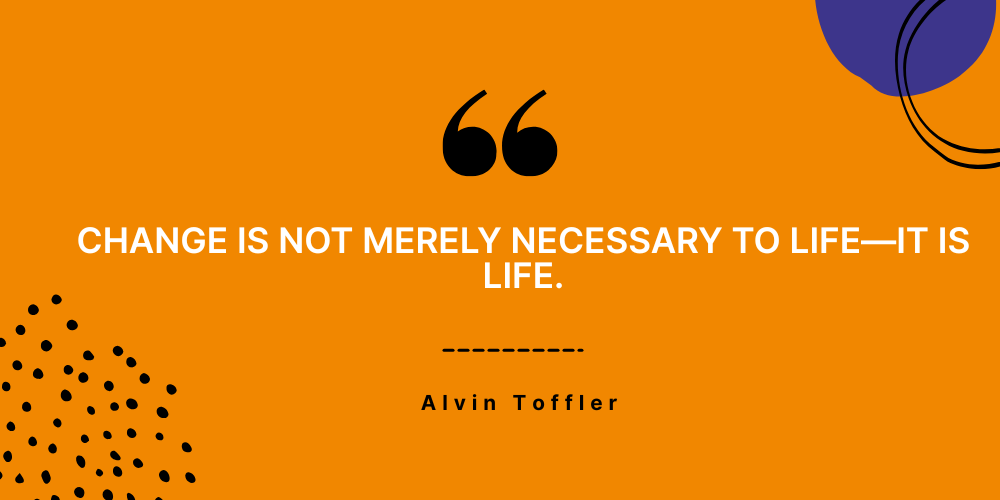
Change is the only constant, whether it’s technological disruption, career pivots, organizational restructuring, or even personal transitions. The ability to bend without breaking, to adjust your sails instead of waiting for the storm to pass, is what truly sets high performers apart.
And that’s where adaptive skill development becomes your biggest asset.
This article is your guide to mastering the art of adaptability. Drawing from real-life lessons and insights from powerful books like Who Moved My Cheese? Emotional Agility, Range, Think Again, and The Adaptation Advantage, we’ll walk you through how to build this game-changing skill, one mindset shifts at a time.
Let’s dive in.
1. How to Develop Adaptability Skills and Why it Matters

The future belongs to the agile. As automation accelerates and industries evolve rapidly, being great at what you do is no longer enough—you must also be able to evolve how you do it.
“The most valuable skill of the 21st century is not coding. It’s adaptability.”
According to the World Economic Forum, development of adaptive skills like emotional intelligence, resilience, flexibility, and cognitive agility are now considered core workplace competencies. They help individuals:
- Navigate change smoothly
- Manage stress better
- Embrace new opportunities with confidence
- Stay relevant in a constantly shifting world
2. How to Develop Adaptability Skills and What Does It Mean to Be Adaptable?
Adaptability is not about being reactive. It’s about being proactive in facing the unknown, open to learning, and willing to shift course when necessary.
Someone who knows how to develop flexibility and adaptability skills doesn’t just “cope” with change—they lead through it.
Think of adaptability as a blend of:
- Mental Agility: Willingness to change perspectives
- Emotional Resilience: Managing emotions through uncertainty
- Behavioral Flexibility: Taking action even in unfamiliar scenarios
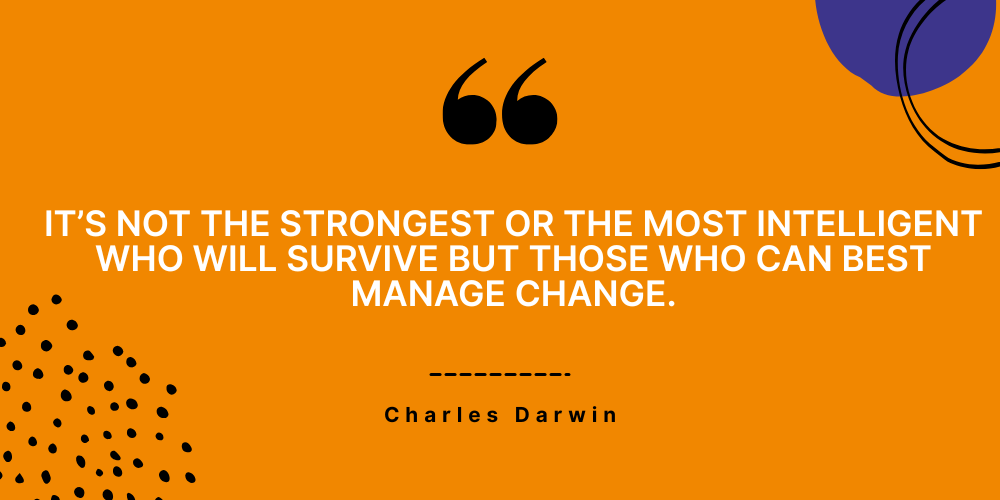
3. Lessons from the Cheese Maze
Let’s begin with the legendary Who Moved My Cheese? by Dr. Spencer Johnson—a deceptively simple parable that offers profound insights.
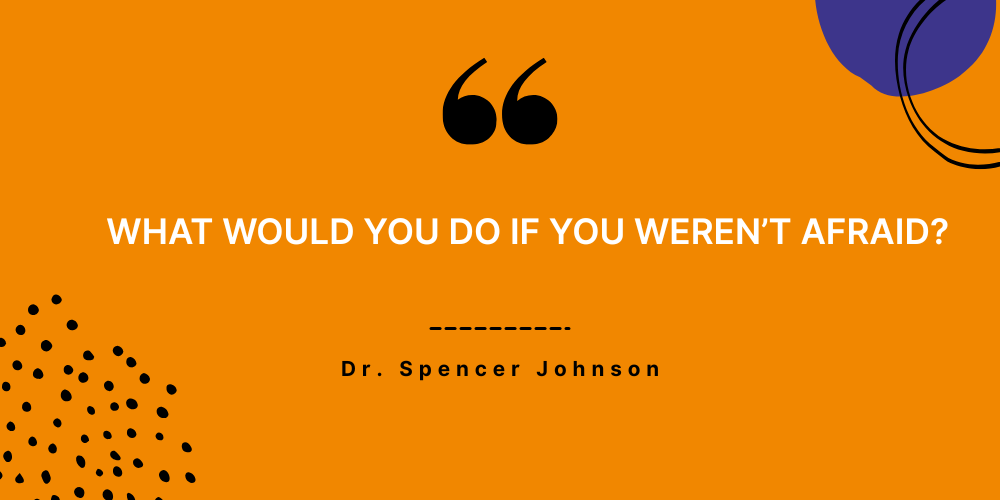
The story teaches us that those who develop adaptability skills are the ones who anticipate change, prepare for it, and move forward even when it’s uncomfortable.
Many professionals stay stuck in roles or situations just because they fear change. But adaptability is built through movement, not stagnation. Start by:
- Identifying your fears around change
- Acknowledging what no longer serves you
- Taking small, consistent steps toward new directions
4. How Adaptability Skills and Emotional Agility Helps
Dr. Susan David’s Emotional Agility takes us deeper into the mindset behind adaptive skill development.
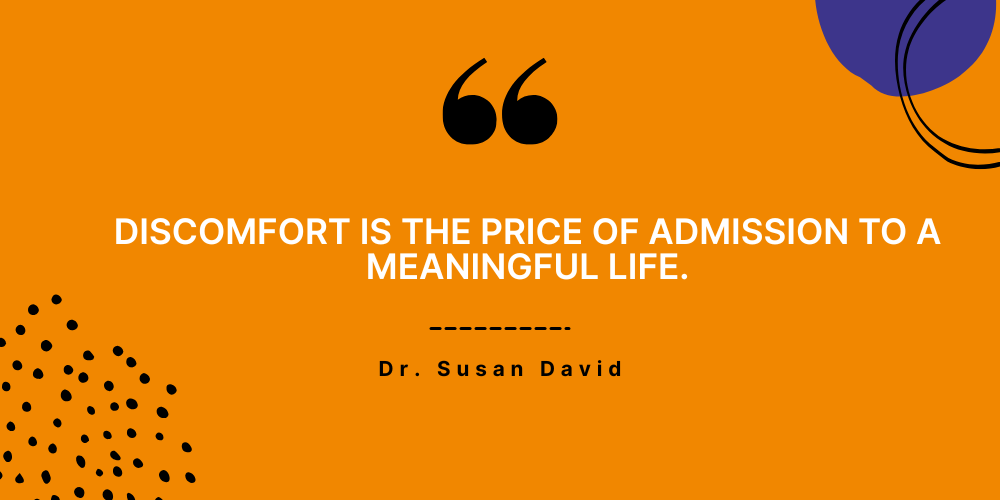
Often, what holds us back isn’t the change itself—it’s our rigid response to it. Emotional agility helps you:
- Accept discomfort instead of resisting it.
- Separate your thoughts from your identity.
- Respond instead of reacting.
Practical Steps:
- Practice mindfulness to recognize emotional patterns
- Label emotions accurately (“I feel frustrated,” not “I am frustrated”)
- Reflect on what your values are guiding you toward.
5. The Generalist Advantage
In Range, David Epstein argues that being a specialist isn’t always the superpower we think it is. Instead, generalists—those who learn across domains and stay curious—are more adaptable and innovative.
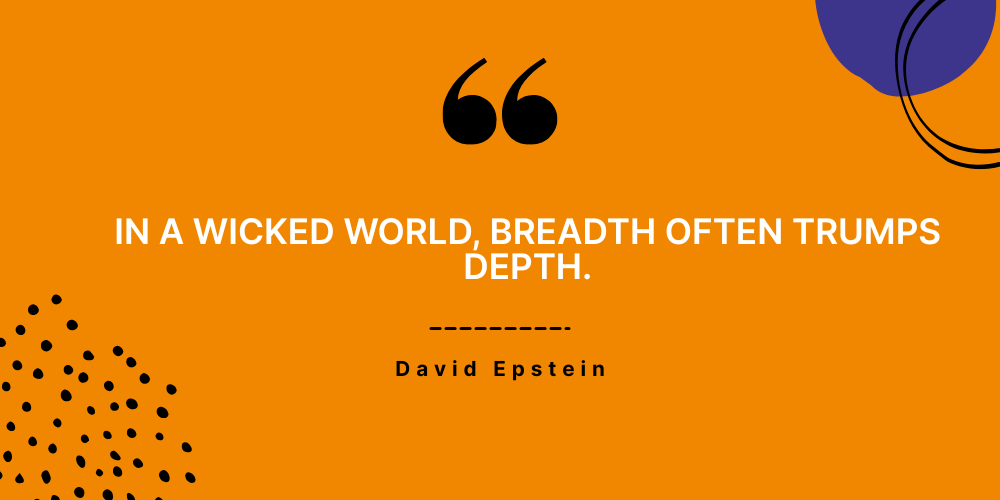
To enhance your adaptability:
- Expose yourself to diverse fields and disciplines
- Don’t fear trying new roles or industries
- Learn to apply insights across domains
This kind of adaptability makes you more valuable in a world where skill boundaries are constantly blurring.
6. How to Develop Adaptability Skills: Think Again
Adam Grant’s Think Again champions the power of doubt, humility, and curiosity. If you’re looking to master how to develop adaptability skills, start with questioning your assumptions.
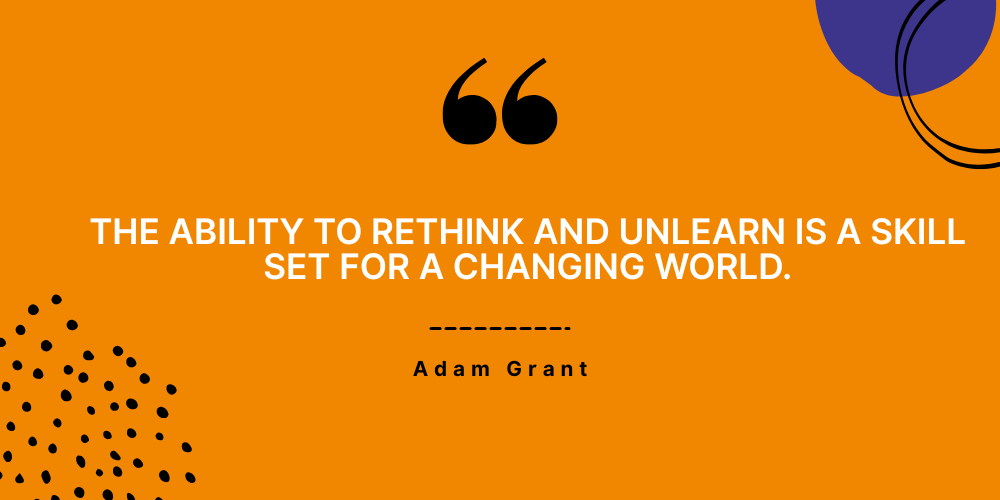
Tips to Think Again:
- Schedule time for reflection and questioning
- Welcome constructive feedback
- Surround yourself with people who challenge your views
Adaptable people don’t cling to being right—they strive to get it right.
7. The Adaptation Advantage
Heather McGowan and Chris Shipley’s The Adaptation Advantage makes a bold statement: the future of work belongs to those who continuously evolve.
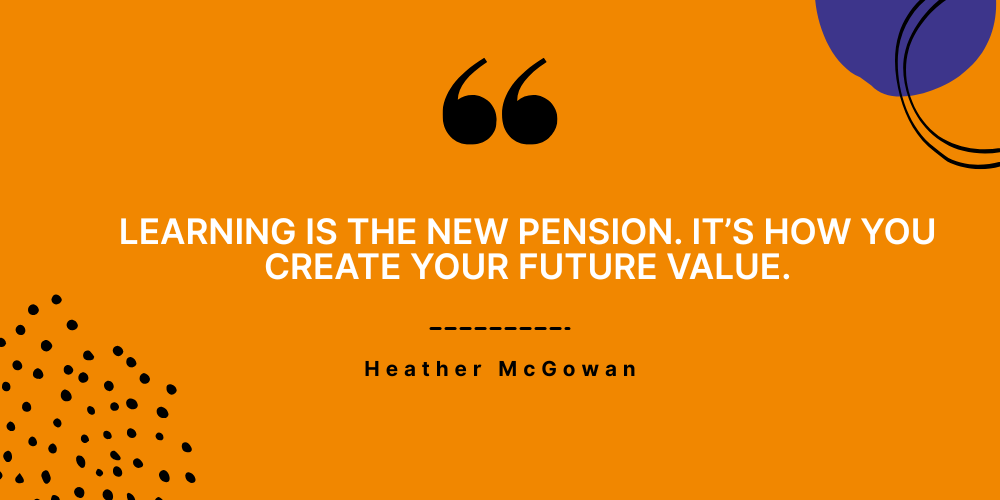
If you want to master how to develop your adaptability skills, commit to lifelong learning:
- Take micro-courses or certifications regularly
- Learn how to learn (meta-learning)
- Adopt a growth mindset that welcomes change
8. How to Develop Adaptability Skills (Even If You’ve Never Tried Before)
Let’s bring this home with practical steps:
9. How to Develop Adaptability Skills in the Workplace
Organizations are actively seeking professionals who:
- Pivot quickly under pressure
- Thrive in ambiguity
- Lead through change
Adaptability is no longer a “nice-to-have”—it’s a core requirement.
If you’re wondering how to develop this skill that stand out on resumes or in interviews, demonstrate:
- Examples of past transitions you navigated
- How you adapted your workflow or mindset
- What you learned and applied across different roles
10. How to Develop Adaptability Skills: The Ripple Effect
- Relationships: Better communication during conflicts
- Mental Health: Less anxiety around uncertainty
- Career Growth: Openness to new roles and promotions
- Creativity: More fluid and open-minded thinking
Adaptability is truly a gateway skill—it elevates everything else you do.
You Can Learn This Skill, No Matter Where You Are
You don’t need to be born flexible—you just need to be willing.
How to develop adaptability skills isn’t a one-time project. It’s a lifestyle of openness, resilience, and lifelong learning.
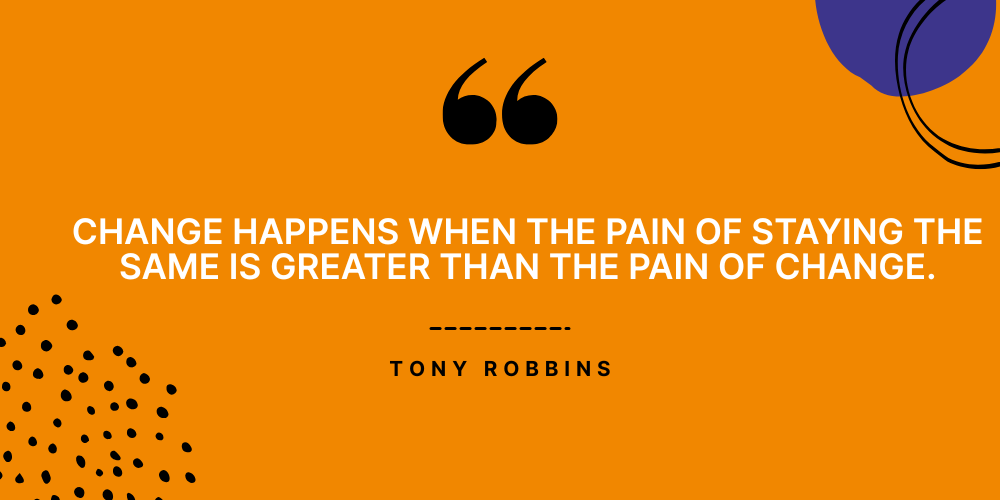
Let change become your teacher—not your threat.
Your Action Plan Starts Now
Let’s turn inspiration into action:

Start small. Start messy. But start today.
Because your ability to develop adaptive skills isn’t just about surviving change—it’s about owning your evolution.
Your future self will thank you.
